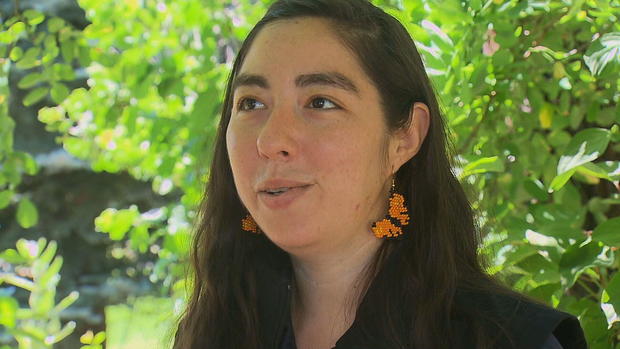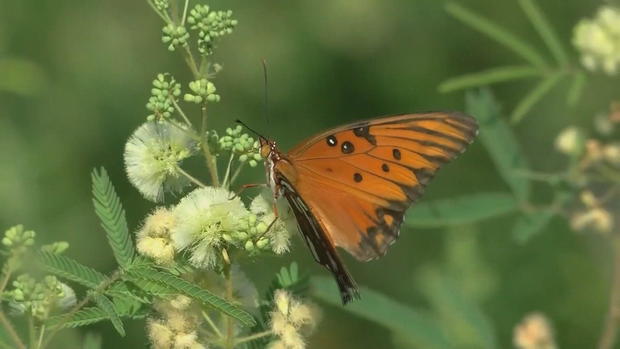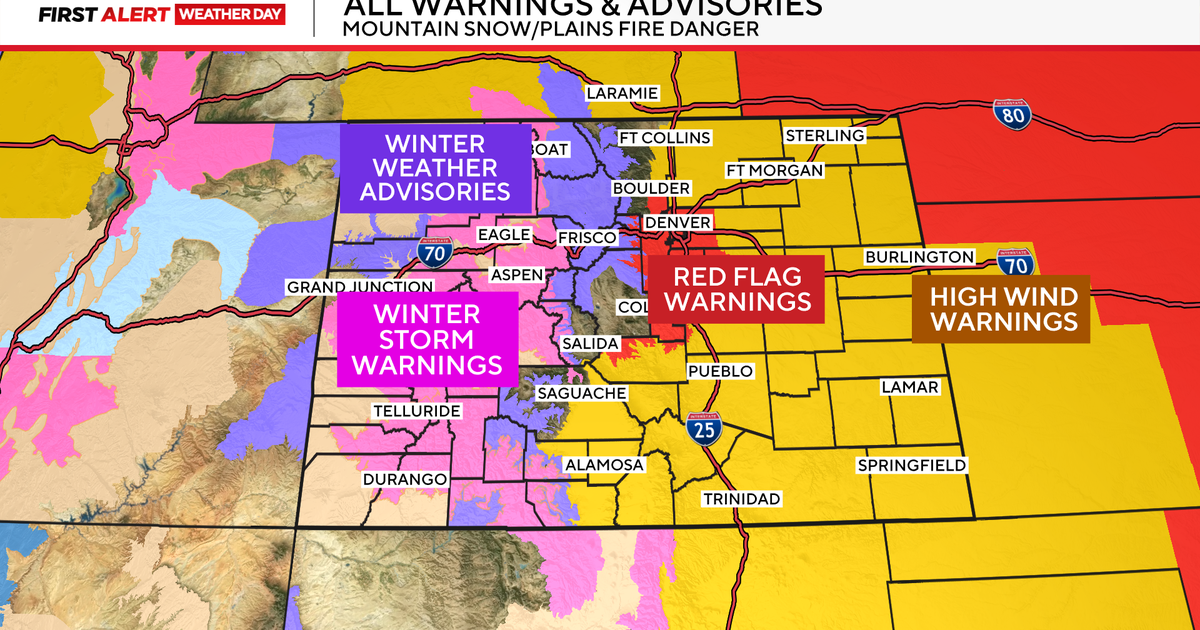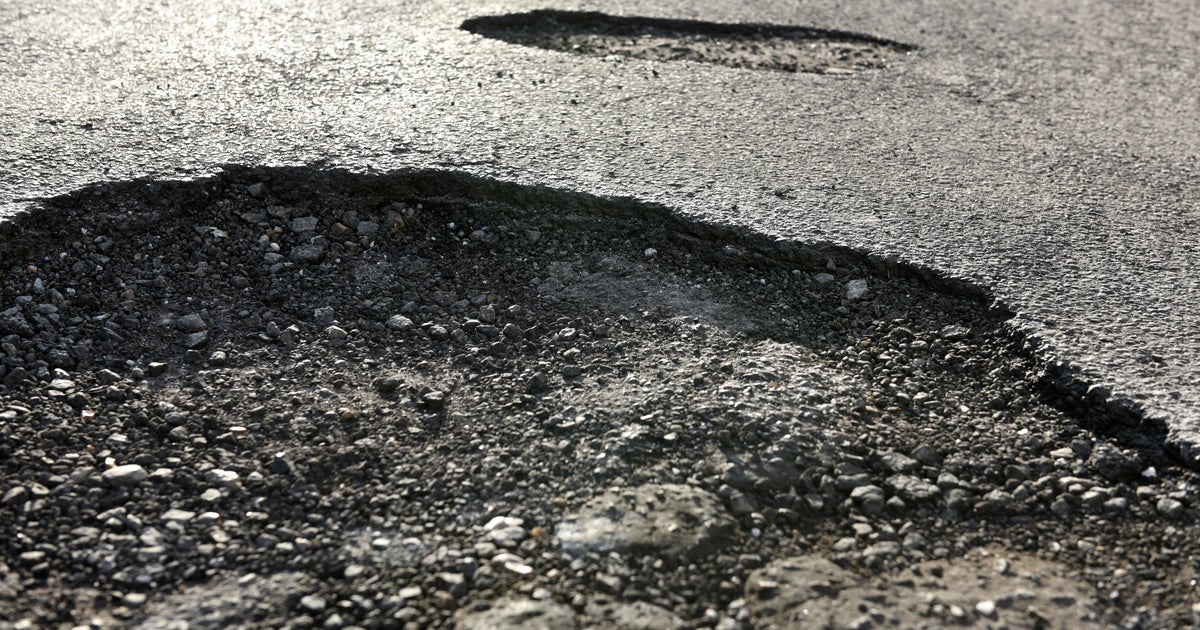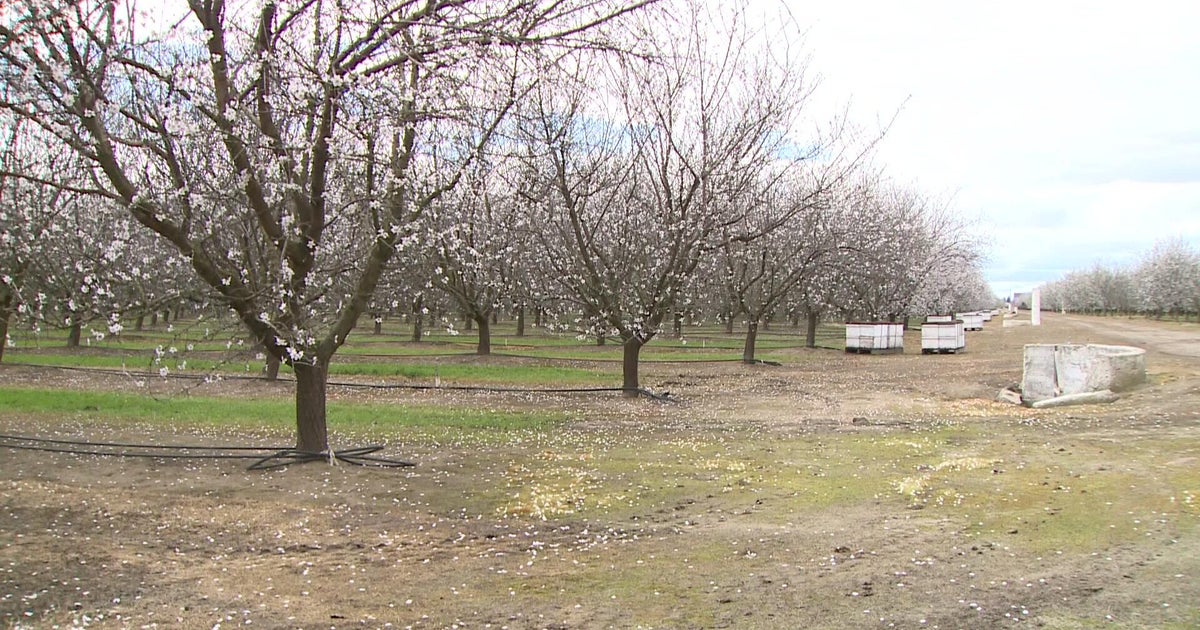Wet spring and summer brings more bugs to Colorado: "a very positive thing for the small critters around us"
It's been a wet spring and summer here in Colorado and if you think you've been seeing more bugs around, you're not alone.
CBS News Colorado photojournalist Mark Neitro has seen a lot of different insects in his garden this year and he wanted to find out if the extra moisture has affected our insect population.
He went to the Butterfly Pavilion in Westminster to find out more.
"Years when we have really wet springs tend to be a very positive thing for the small critters around us," said Shiran Hershcovich, an entomologist and lepidopterist at Butterfly Pavillion.
So how were bees and the honey supply affected?
"When there's a mismatch between these temperature cues or these day length cues, we see things like delays in honey production, delays in agricultural crops that pollinators are responsible for," Hershcovich said.
The increase in ladybugs we've seen is also great, as a natural predator for those less desirable bugs.
"So often, ladybugs will be released as a way to control pests in our gardens," Hershcovich continued. "When ladybugs come before that animals that they eat, then again, that mismatch may affect population numbers."
Japanese beetles don't have a native predator, she said, but as a non-native species, that can be a problem.
"They don't have checks and balances in place to keep their numbers under control," Hershcovich said, "so we see these big explosions of Japanese beetles and even though they are quite pretty to look at, they don't quite belong here."
Butterflies are sensitive to habitat changes, which helps inform researchers about shifts in environmental conditions.
"They are what we call 'indicator species,'" Hershcovich explains. "As soon as the habitat is degraded or damaged, one of the first animals to suffer will be butterflies."
And while everyone's favorite background singers, the cicadas, haven't seen the same explosion in population this summer, next year will be their time to shine.
"2023 is not one of those expected big booms in cicadas. 2024 is," Hershcovich said. "So actually next year, we can expect higher numbers of cicadas more emergences, more of that beautiful song that signals summer."
Hershcovich urges everyone to learn more about the little critters that make our state so wonderful, even if you're not a big fan of bugs.
"Come join us in protecting pollinators, celebrating them and if you can't approach them with love, then at least approach them with curiosity," she said.
The Butterfly Pavilion tells us the annual honey harvest will be later than usual this year because of the increase in moisture and climate change.
